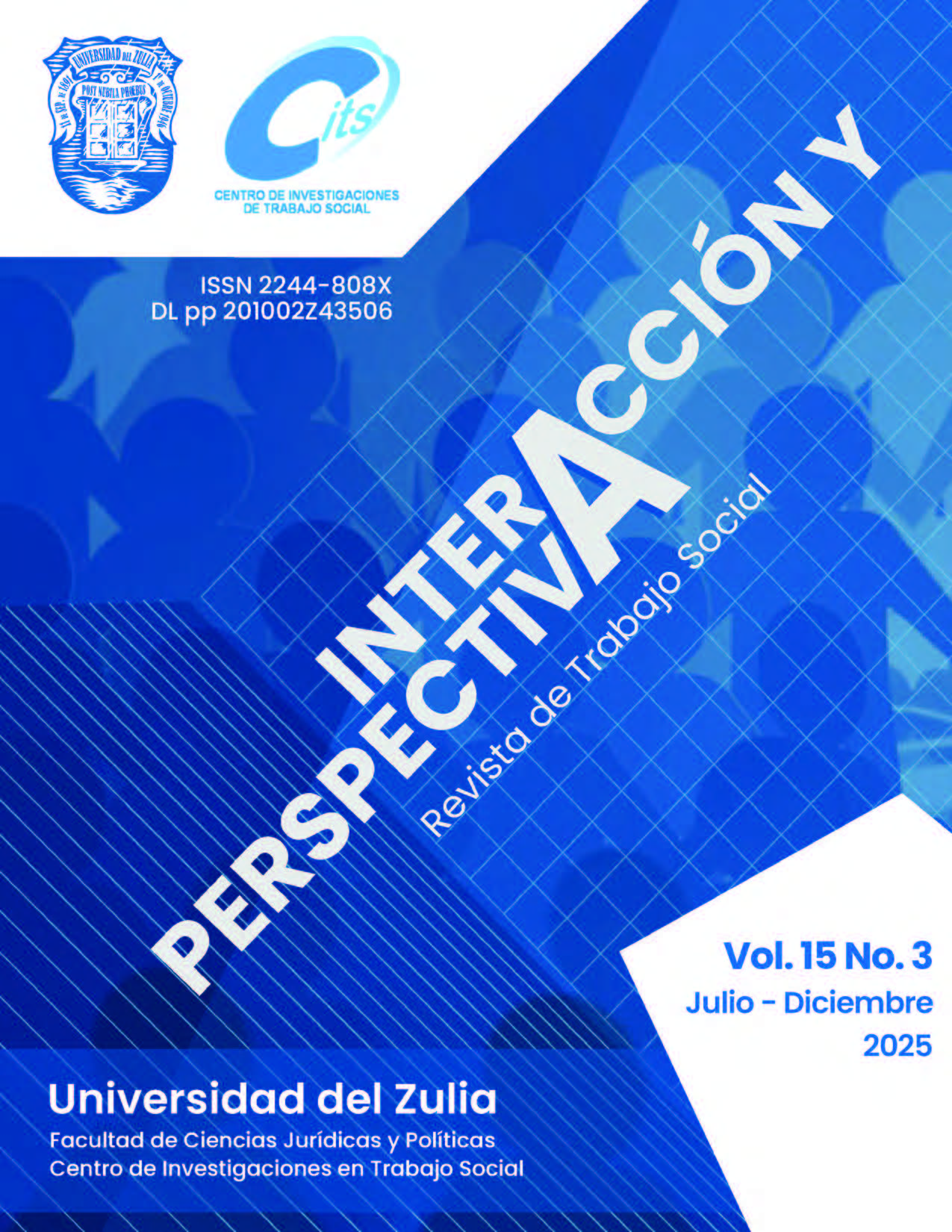The influence of sexual dimorphism on cognitive processing and social adaptation
Abstract
This study examines the impact of sexual dimorphism on cognitive abilities and social intelligence in adolescents and university students. The research employs a mixed-method approach, integrating cognitive tests (anagram, generalization, self-assessment) and social intelligence evaluations (intellectual lability, motivation for self-assessment). The findings reveal that while male students demonstrate greater adaptability in social interactions, female students exhibit higher levels of initiative and self-perceived social intelligence. Emotional stability plays a crucial role in cognitive performance, with students experiencing emotional distress showing lower cognitive efficiency. These results highlight the need to incorporate gender-specific cognitive and social intelligence training into educational frameworks to foster balanced personal and professional development. By understanding the interplay between cognitive skills, social intelligence, and sexual dimorphism, this study provides valuable insights for shaping educational policies that support both individual growth and societal progress.
Downloads
References
Alizade, A. A. (2009). Uşaqlar və yeniyetmələr: Seksual inkişafın psixopedaqogikası [Children and adolescents: Psychopedagogy of sexual development]. Baku: ADPU Publishing House.
Amrahli, L. Ş. (2016). Koqnitiv bcarıqlar: Fəal dərsin son akkordları [Cognitive skills: The final chords of an active lesson]. Baku: Education.
Amrahli, L. Ş. (2018). Koqnitiv psixologiya: Bərketmə fəaliyyətinə müasir yanaşma [Cognitive psychology: A modern approach to reinforcement activity]. Baku: MM-S Enterprise.
Compayré, G. (1914). Izucheniye otrochestva [The study of adolescence]. In: Pedagogicheskaya khrestomatiya [Pedagogical anthology] (pp. 117-130). St. Petersburg: Shkol’nyy Nabor.
Craig, G. J., & Baucum, D. (2005). Psikhologiya razvitiya [Developmental psychology]. St. Petersburg: Piter.
Eysenck, H. J. (1995). “Intellekt: Novyy vzglyad” [“Intelligence: A new look”]. Voprosy psikhologii, 1, 111-131.
Fellmann, F., & Redolfi, E. (2017). “Aspects of sex differences: Social intelligence vs. creative intelligence”. Advances in Anthropology, 7 (4), 298-317. https://doi.org/10.4236/aa.2017.74017
Freud, S. (1998). Osnovnyye printsipy psikhoanaliza [Basic principles of psychoanalysis]. Moscow: Refl-buk, Vakler.
Goleman, D. (2007). Social intelligence: The new science of human relationships. London: Arrow Books.
Guilford, J. P. (1965). Strukturnaya model’ intellekta [A structural model of intelligence]. In: Psikhologiya myshleniya [Psychology of thinking]. Moscow: Progress.
Kulakoğlu Dilek, N., & Topaloğlu, C. (2017). “Kültürel farklılıkların yönetimi sürecinde kültürel zekânın etkinliği” [“Effectiveness of cultural intelligence through managing cultural differences”]. Anatolia: Turizm Araştırmaları Dergisi, 28 (1), 96-109. https://doi.org/10.17123/atad.316727
Miller, G. F. (2000). Sexual selection for indicators of intelligence. In: Bock, G. R., Goode, J. A., Webb, K. (Eds.) The nature of intelligence: Novartis Foundation Symposium 233 (pp. 260- 275). Chichester: John Wiley.
Moshkina, L. D. (2000). Polovyye osobennosti integral’noy individual’nosti studentov [Sexual features of integral individuality of students]. Doctoral Dissertation, Perm State Pedagogical University, Perm.
Obozov, N. N., & Timoshenko, E. Y. (2008). “Psikhologicheskiye faktory regulyatsii mezhlichnostnykh otnoshenii v sem’ye” [“Psychological factors of family interpersonal attitudes control”]. Vestnik Sankt-Peterburgskogo Universiteta, Seriya 12. Psikhologiya. Sotsiologiya. Pedagogika, 3, 6-21.
Pashchenko, E. I. (2003). Sootnosheniye sotsial’nogo intellekta, kognitivnykh i psikhosotsial’nykh kharakteristik v period ranney vzroslosti [Correlation of social intelligence, cognitive and psychosocial characteristics during early adulthood]. Doctoral Dissertation, St. Petersburg State University, St. Petersburg.
Poryadina, V. A. (2007). Gendernyye razlichiya v strukture sotsial’nogo intellekta studencheskoy molodezhi [Gender differences in the structure of social intelligence of student youth]. Doctoral Dissertation, Yaroslavl State University named after P.G. Demidov, Yaroslavl.
Saulina, E. B. (2015). “Osobennosti polovogo dimorfizma kognitivnykh sposobnostey i struktury interesov podrostkov s vysokim urovnem intellekta” [“Features of sexual dimorphism in cognitive abilities and structures of interests in teenagers with high level of intelligence”]. Psychological Science and Education PSYEDU.ru, 7 (1), 111-121. https://doi.org/10.17759/psyedu.2015070111
Yermentayeva, A., Aurenova, M. D., Uaidullakyzy, E., Ayapbergenova, A., & Muldabekova, K. (2014). “Social intelligence as a condition for the development of communicative competence of the future teachers”. Procedia Social and Behavioral Sciences, 116, 4758-4763. https://doi.org/10.1016/j.sbspro.2014.01.1021

















